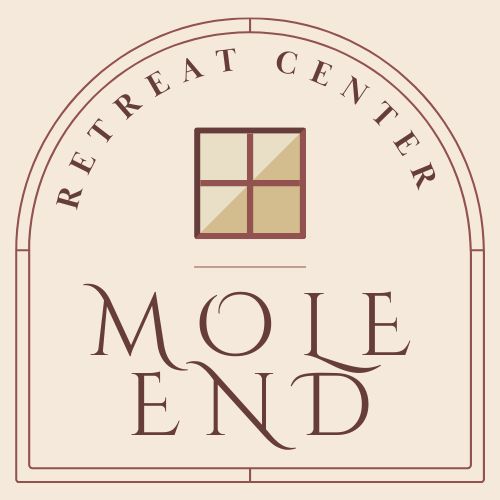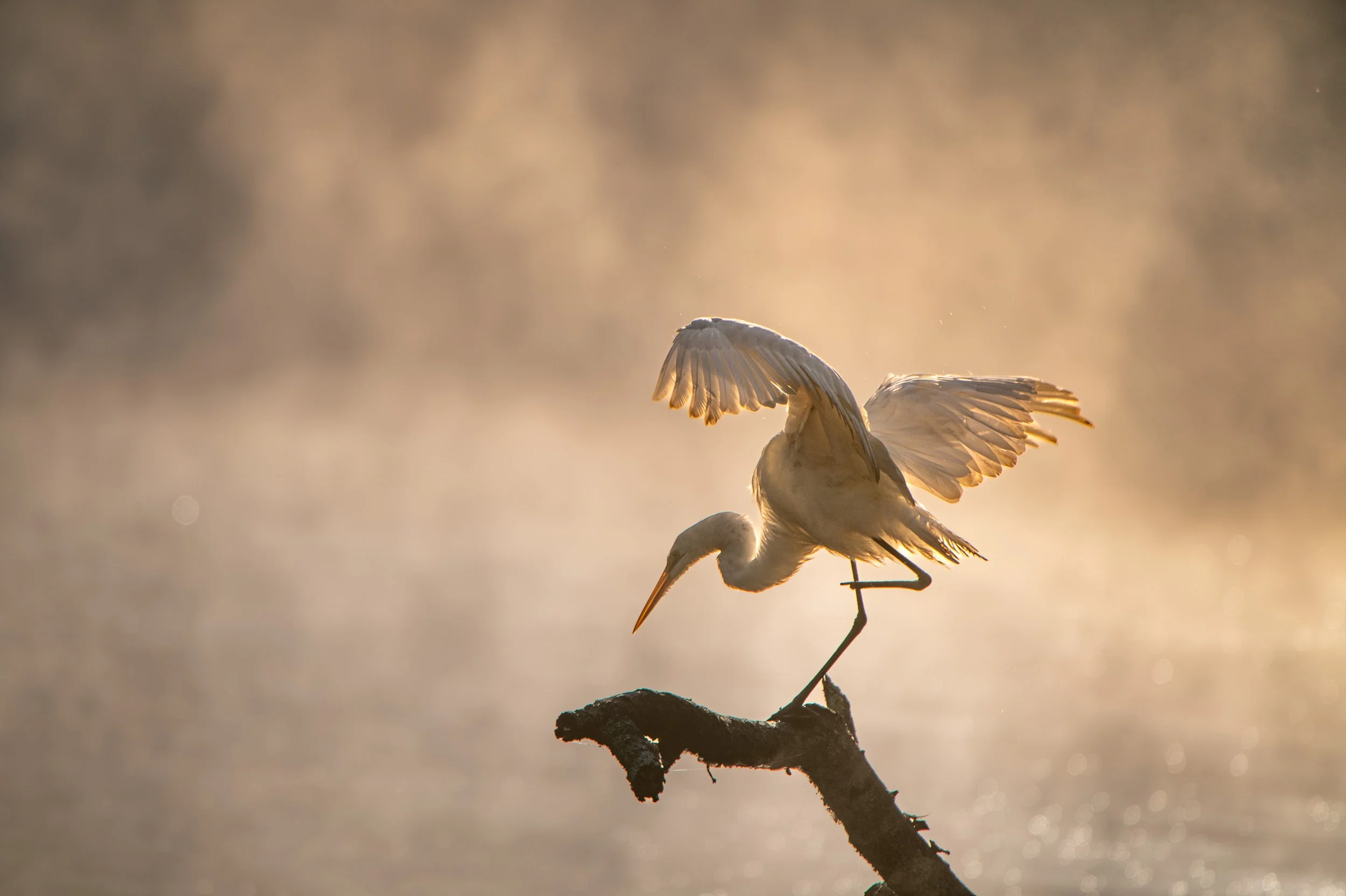What is Contemplation?
Image ©Mark Wilson
One thing have I asked of the Lord, that will I seek after:
that I may dwell in the house of the Lord all the days of my life,
to gaze upon the beauty of the Lord and to inquire in His temple.
Psalm 27:4
My brother-in-law Mark Wilson is an incredible photographer. Vocationally, he is a high school Spanish teacher and basketball coach. But I have rarely seen more beautiful nature photography from any professional. One Christmas holiday when the families all crowded around his living room, I asked if I could look through his portfolio. I spent over an hour with it, relishing each photo, commenting on what I particularly liked, and asking him questions about how he managed to capture a spectacular shot. He told stories of getting up well before daybreak, trudging out to a pre-determined promising location, and watching in the silence for something interesting to happen. He studied. He practiced. He waited. He persevered. He has been faithfully honing his craft for years. And it shows. I felt nothing but admiration as I studied the results of years of his work, one stunning photo after another.
Mark doesn’t need me to tell him that his work is beautiful. He knows it. And he loves creating it. He will keep doing it even if no one praises it. But he thanked me for taking the time to really look at and appreciate his work. “Thank you. No one really ever does that,” he said to me. That’s what every artist desires. They want to share their creations with those who can appreciate them. That Christmas holiday, I wasn’t necessarily trying to bless Mark, but I did. I delighted in his art.
Only recently, I discovered that this is what contemplation is. Taking time to gaze upon and appreciate art, or beauty, or a beloved one. David, in the Psalms, always seems to be contemplating the things of God. Perhaps he learned this while sitting all of those hours in the hills watching sheep. For example, he once wrote, “Great are the works of the Lord, studied by all who delight in them (Psalm 111:2, ESV).” But honestly, I often read these Psalms and felt that I couldn’t really relate to what he was talking about. I often enjoy studying Scripture, but David’s delight seems to indicate so much more than what I was experiencing.
Catholic spiritual directors William Barry and William Connolly write about contemplation in this way: “The reactions of absorption, joy, pain, sympathy, love, and gratitude that are associated with contemplation are not willed . . . . The clearest example, perhaps, is the reaction of love when one looks at the beloved. It seems to be a gift, something that arises because of the other, not because of any decision of one’s own to love or to fall in love (The Practice of Spiritual Direction, p.51).” I want to love God in that way. I have prayed for that kind of love.
Barry and Connoly take their definition of contemplation from Ignatius of Loyola who encouraged people to “look at Jesus as He appears in gospel events and let themselves become absorbed in what He is like, what He cares about, and what He is doing. Contemplation in this sense begins when people stop being totally preoccupied with their own concerns and let another person, event, or object take their attention (49).” We can and should contemplate Scripture and Jesus in this way. But we can also contemplate Him in beauty. I wish I could remember where I read an article by a psychiatrist who claimed that the only thing that can stop a narcissist from being completely obsessed with themselves is to shock them with something truly beautiful. How much better if we can discipline ourselves to gaze upon the ordinary beauty that is already around us waiting to be noticed?
I’m a big fan of beauty, particularly in nature. For years, I have gone to the Edith Carrier Arboretum when I needed a chapel to pray in. They don’t have an actual chapel there, but the minute I duck under the leafy tunnel that leads into the woods, I feel like Lucy Pevensie visiting Narnia, pushing past fur coats in an ordinary wardrobe and finding myself in a wondrous world where everything is transformed into magical loveliness. My heart feels lighter and I immediately begin thanking God for this beautiful, sacred space, and wondering why I don’t come more often. I feel closer to God there. As I’ve walked the well-manicured, flower-lined paths, I’ve often poured my heart out to God, pleading for help, praying for people, or simply thanking Him.
A couple of years ago, I began pushing myself to also allow space for listening for His response. You would think that this would be easy, but I had no muscle memory for this. I had to stop talking, even in my mind, and just be. As I would sit and wait, hoping that He would say something to my Spirit to comfort me or direct me, I would sometimes get caught up in noticing interesting things.
Like the time early one morning that I got a close-up view of a stealthy green heron, just a few yards away from me, hunting for minnows. I held my breath so I wouldn’t interfere with its intense focus. I scanned the streambed in vain trying to glimpse the target that the taut, infinitesimal movements of the large bird were honing in on. I waited much longer than was comfortable. Just as my patience reached its limit, a sudden head jerk and splash yielded the climactic catch. I let out a sigh of relief and felt a proud delight that we had both somehow won something. I congratulated God on another fascinating masterpiece —this oddly elongated, but wise and patient bird. I wouldn’t swear to it, but I think He responded, “Thanks for noticing! I think he’s pretty cool too.”
I immediately thought about Mark and his early morning quests to capture on camera something that most of us would never see otherwise. In his own work, he is regularly contemplating the beauty of the Creator. Then he co-creates with God by re-presenting His work to the world through his own, particular lens. And like any good evangelist, he presents his artwork to the world saying, “Look! Look at what God has done!”
In contemplation, I am learning to take my eyes off of myself and my problems, even if just for a little while, and see the glory of God, delighting in what He makes and what that says about who He is. Like in his interaction with Job, God doesn’t always respond to us with direct answers to our questions or accusations. He might simply ask us to look at His creation and consider, “Where were you when I laid the foundation of the earth? Tell me, if you have understanding (Job 38:4).” I love how for the next four chapters of Job, God proudly struts His handiwork, showcasing His beloved creatures and the various ways He provides for them. I believe He is saying to Job, “I have heard you. Now, hear me. See me. See what kind of a God I am. And on that basis, let us be in relationship with one another.”
(You can follow mark_d_wilson on Instagram.)

